Read about these successes that showcase Georgia Tech's innovations as they are put to use in the world.

Georgia Tech startup Piezo Therapeutics improves access to RNA and DNA medicines with a simple, affordable, and scalable platform that can be extended broadly to vaccines, gene therapies, and more.
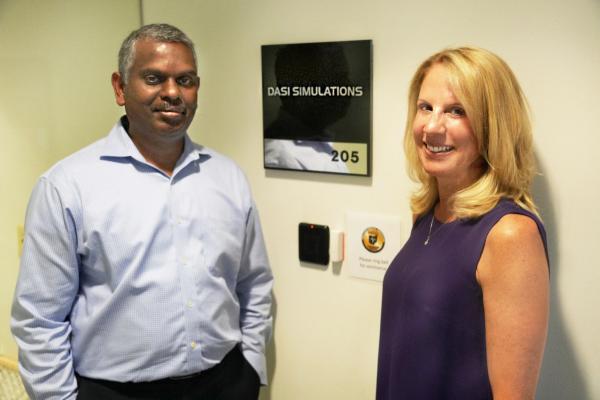
DASI Simulations, a startup founded in 2020 by Georgia Tech professor Dr. Lakshmi Dasi and Teri Sirset, aims to address heart disease with predictive artificial intelligence (AI) that enables personalized and optimized treatment. With DASI Simulations technology, patients who were previously considered inoperable due to their complex disease state are now candidates for lifesaving trans-catheter intervention.
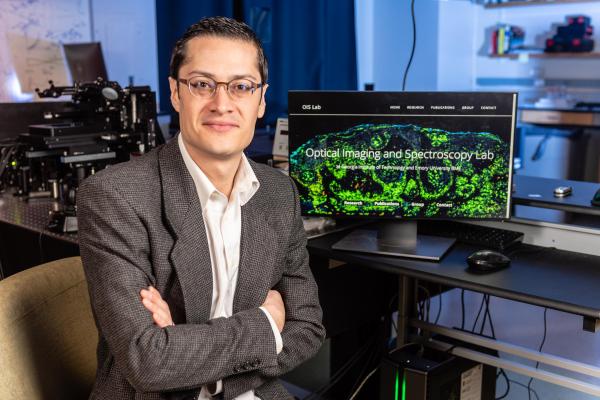
Cellia Science, Inc. is making point-of-care hematology analyzers based on a novel ultraviolet (UV) microscopy system that is exclusively licensed from Georgia Tech. The goal is to envision the future of patient care by developing a device that can be used at home to provide rapid results.

By integrating the vast polymer informatics intellectual property (IP) created in Dr. Rampi Ramprasad’s Georgia Tech lab with advanced data science methods, Matmerize is transforming and accelerating industrial materials development at scale. Their unique product has positioned them as the leader in polymer informatics.
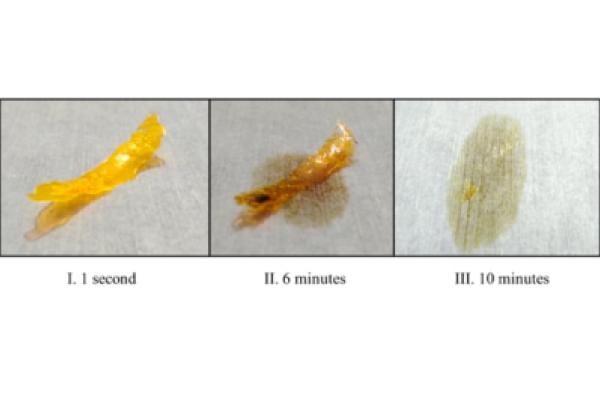
The recycling of plastics has faced challenges for quite some time. Too stable to decompose quickly, plastics pollute the environment and are very costly to recycle.
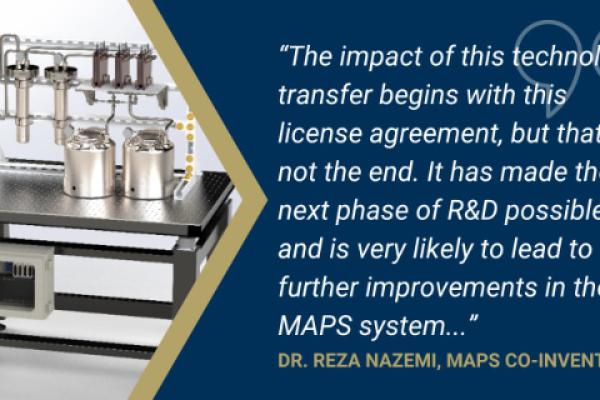
On April 25, 2022, Hydrofuel Canada Inc completed an exclusive license agreement with Georgia Tech for the patent-pending Micro Ammonia Production System (MAPS).

With the aim of developing clean-energy batteries for electric vehicles and sustainable transportation, Georgia Tech professor Dr. Gleb Yushin launched Sila Nanotechnologies in 2011 after 15 years of materials science and engineering research.
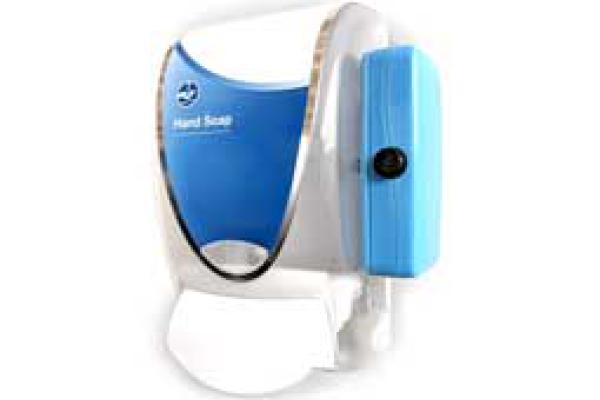
Based on patented technology licensed from Georgia Tech, the Clean Hands Safe Hands system (now a part of Swipe Sense) was named a 2020 "Best Infection Prevention Product" in the monitoring category by Newsweek and The Leapfrog Group.
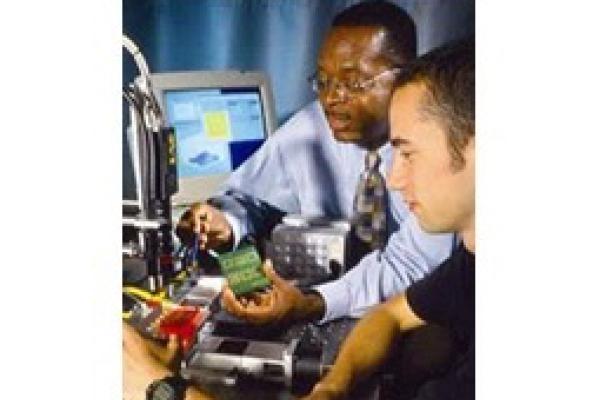
Akrometrix, a Georgia-based company founded upon the pioneering work of Dr. I. Charles Ume, has become an industry leader in measuring and resolving thermomechanical flatness issues in the manufacturing and assembly of microelectronics.

Electrical surges and spikes can wreak havoc on home office electronics, as well as businesses and their electronic equipment. But in countries that struggle with daily brownouts and other extreme electrical disturbances, solving these problems often requires much more than a simple surge protector or universal power supply unit.
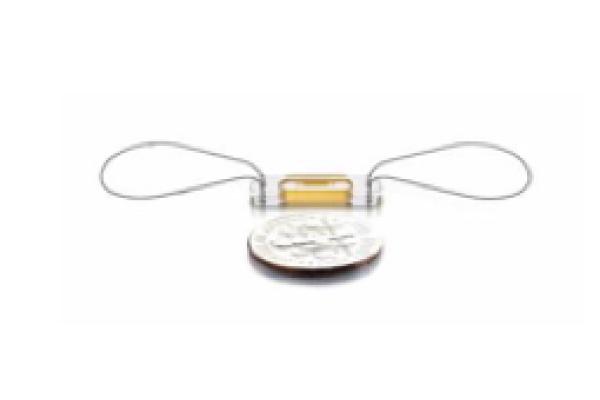
When cardiologist Jay Yadav teamed up with Georgia Tech professor Mark Allen to explore the new area of microelectromechanical systems (MEMS) in 2001, they hadn't envisioned results that would lead the way in medicine.
